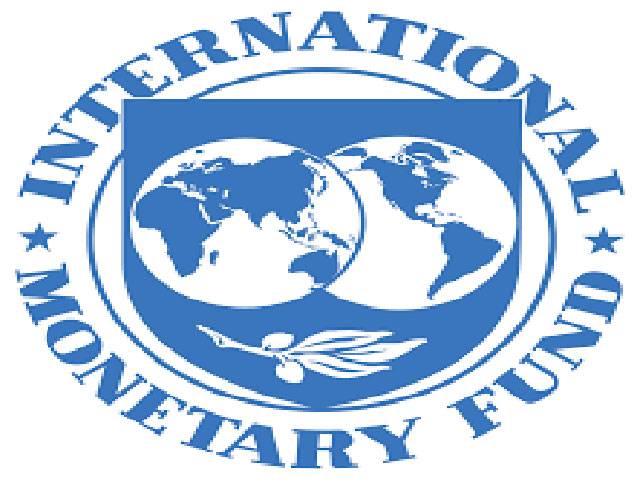ISLAMABAD
The International Monetary Fund (IMF) has yet to call its executive board meeting to consider approving $502 million tranche for Pakistan despite the fact that the country has already met all conditions of the lender including imposition of new taxes worth Rs40 billion.
Finance Minister Ishaq Dar last month said that tentative date of IMF’s executive board meeting could be December 14 or 15. However, there is no date mention on meeting on Pakistan on the IMF’s website. The IMF had linked the release of $502 million tranche with the imposition of new taxes.
Pakistan and IMF held talks in Dubai and Islamabad from October 26 to November 5. The Fund had shown serious reservations on the tax collection efforts of the government, as Pakistan had missed the tax collection target by Rs40 billion during first quarter (July-September) of the current financial year, collecting just Rs600 billion. Therefore, the government, on the direction of IMF, took taxation measures of Rs40 billion by imposing a 5 to 10 percent regulatory duty (RD) on the import of 350 luxury and non-essential items, one percent additional customs duty across the board on all tariff slabs, an increase in Federal Excise Duty (FED) on cigarettes and a raise in fixed duty on import of old and used vehicles (above 1000cc) from December 1, 2015.
Similarly, the government had also missed the net domestic assets target set by the IMF during July-September of the year 2015-2016. Meanwhile, Pakistan had achieved the targets of net international reserves and government’s borrowing from the State Bank of Pakistan. Pakistan had so far received $4.54 billion from the IMF under a 36-month programme supported by an Extended Fund Facility (EFF) arrangement of $6.64 billion approved in September 4, 2013.
“Economic activity continues to improve while challenges remain. Real GDP is expected to grow by about 4.5 percent in FY 2015/16, helped by lower oil prices, planned improvements in the supply of energy, and investment related to the China Pakistan Economic Corridor (CPEC). At the same time, the slowdown in private credit growth and weakness in exports and imports are weighing on growth prospects. Headline consumer price inflation is expected to increase to around 4.5 percent by end-fiscal year due to a likely bottoming out of the effects of low commodity prices, but to remain well-anchored by continued prudent monetary policy. Gross international reserves reached $15.2 billion by end-September 2015, up from $13.5 billion at end-June 2015 and covering close to four months of prospective imports”, the IMF mission chief Harald Finger said.






